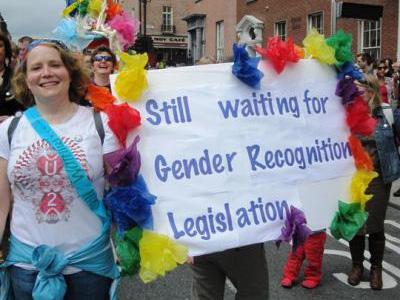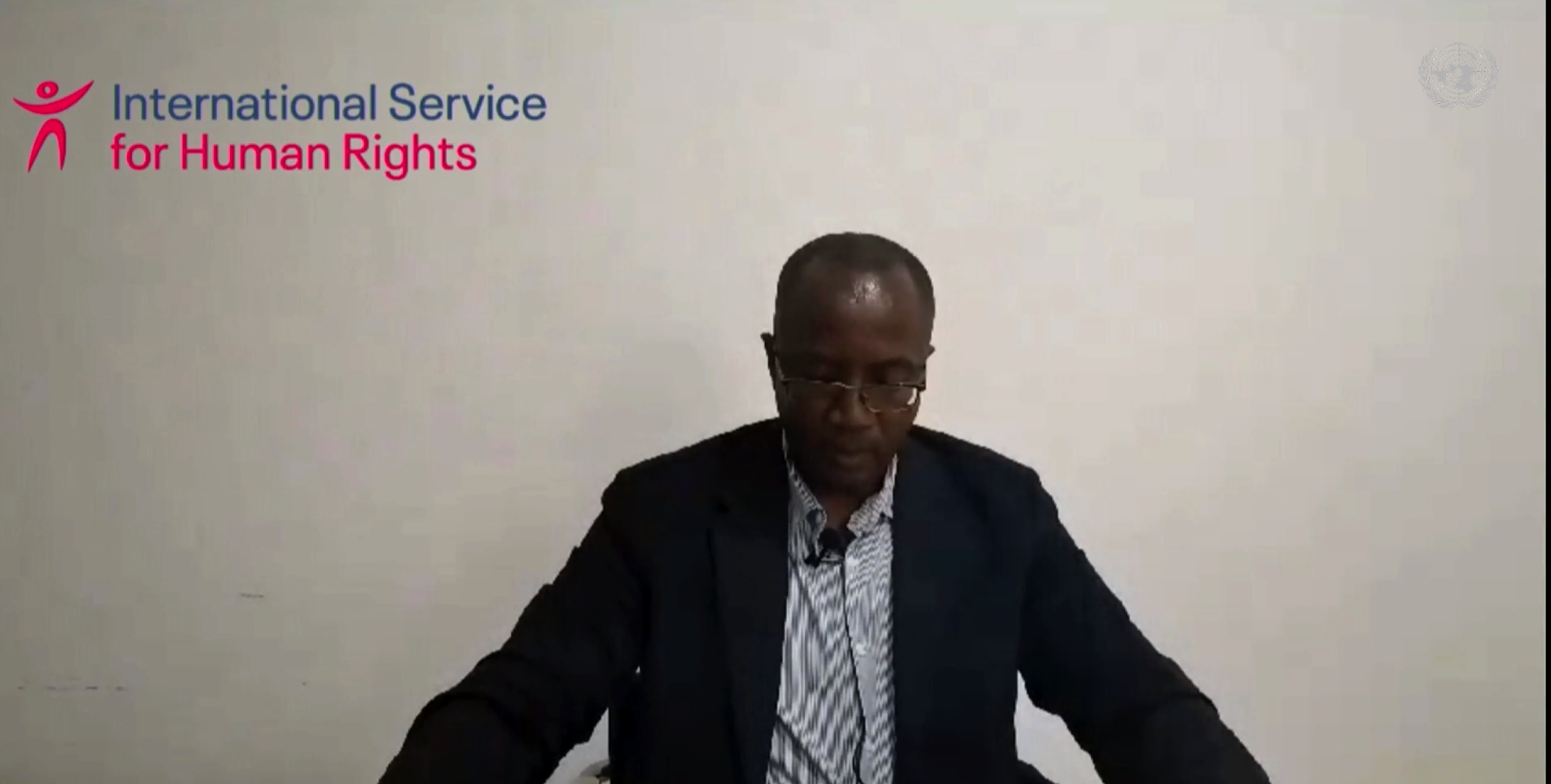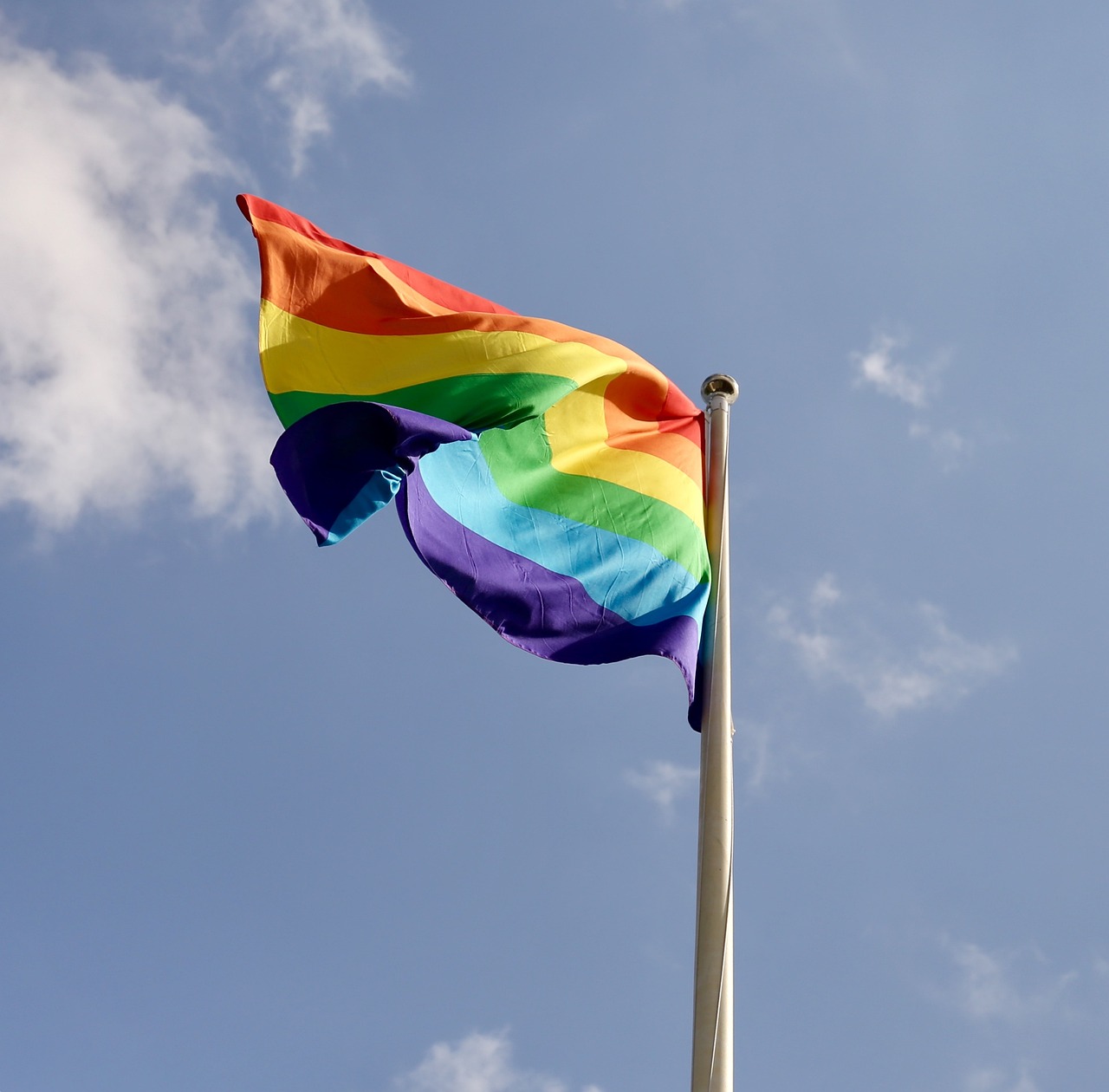(Geneva) – Ireland’s Gender Recognition Bill is urgently needed but requires significant amendment in order to meet international human rights standards, said the International Service for Human Rights together with leading Irish international human rights expert, Professor Michael O’Flaherty, today.
The Bill passed the upper house Oireachtas – the Irish legislature – last week, and will soon be considered before the lower house. The legislation will allow a person to have the gender on their birth certificate changed.
ISHR welcomed the amendments made by the upper house to introduce a review mechanism for the law in two years, and to remove the phrase ‘medical evaluation’ from the medical criteria, but stressed that these amendments did not go far enough.
‘While this is an initiative that goes in the right step, the Bill as it is currently formulated includes several problematic provisions that need to be revisited based on human rights principles,’ said Ms Pooja Patel from ISHR.
‘Notably, the Bill requires transgender people to produce a medical certification in order to obtain their gender recognition, suggesting that trans identity is a deficiency. It also requires applicants for gender recognition to not be married or in a civil partnership, thus forcing transgender people to consider divorce in order to have their gender recognised,’ added Ms Patel.
‘The Bill should be amended so that the sovereign choice of the applicant is recognised,’ stressed Michael O’Flaherty, director of the Irish Centre for Human Rights. ‘The Yogyakarta Principles offer an authoritative legal guidance and must be robustly consulted as the Bill is considered by the lower house,’ he added.
Mr O’Flaherty was the rapporteur in the creation of the 2006 Yogyakarta Principles, which provide authoritative legal guidance on the application of human rights law in relation to sexual orientation and gender identity. The Principles stipulate that: ‘Each person’s self-defined sexual orientation and gender identity is integral to their personality and is one of the most basic aspects of self-determination, dignity and freedom… No status, such as marriage or parenthood, may be invoked as such to prevent the legal recognition of a person’s gender identity’.
The Bill further outlines that such legal recognition is open to minors between the ages of 16-18, but that it would be subject to parental consent. ‘Transgender minors under the age of 16 years old are particularly vulnerable and need the protection of legal recognition. Furthermore, that young transgender people require parental consent to be recognised fails to address protection gaps within the family and that the family itself can be a site and source of discrimination,’ said Ms Patel. ‘The UN Committee on the Rights of the Child has affirmed that each child must be treated as an individual in which the best interest and views of the child are taken into account’.
Ireland remains the only EU member State that does not permit legal recognition of transgender people, leaving transgender people without any formal legal status. As a consequence, this has significantly impacted upon the ability of transgender people to access basic services such as social security benefits, education and transport.




